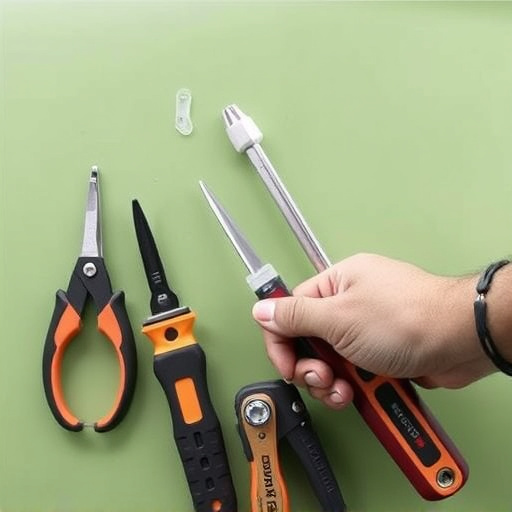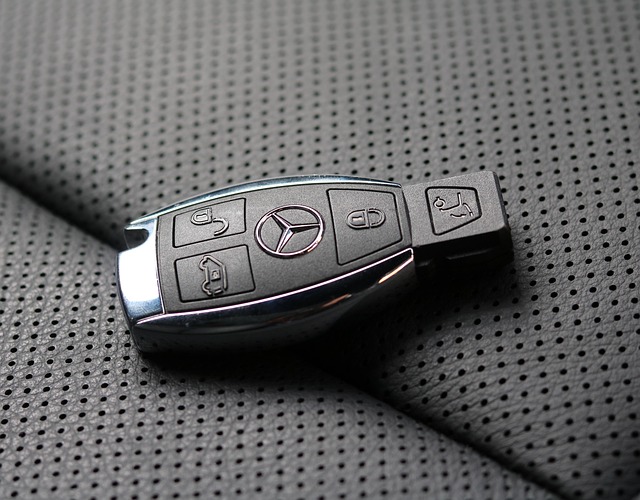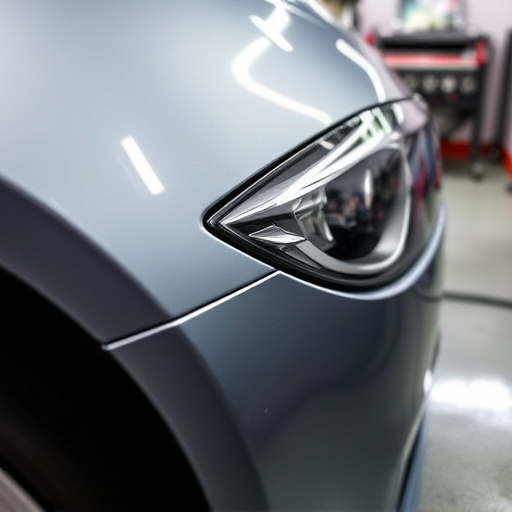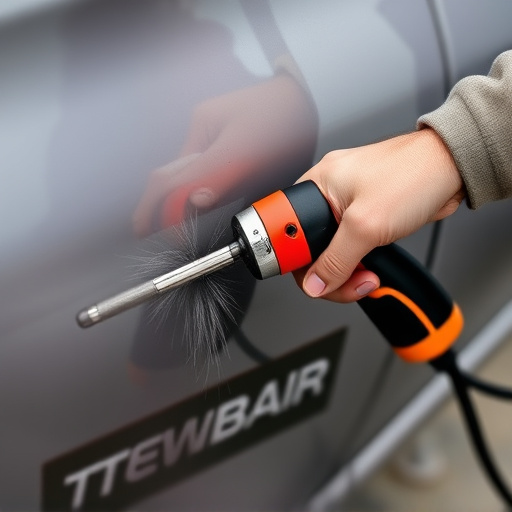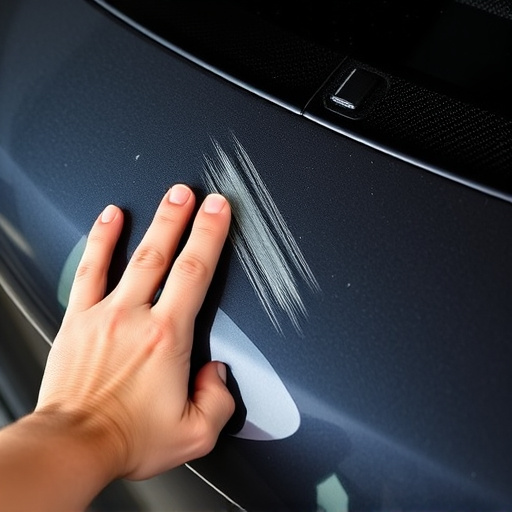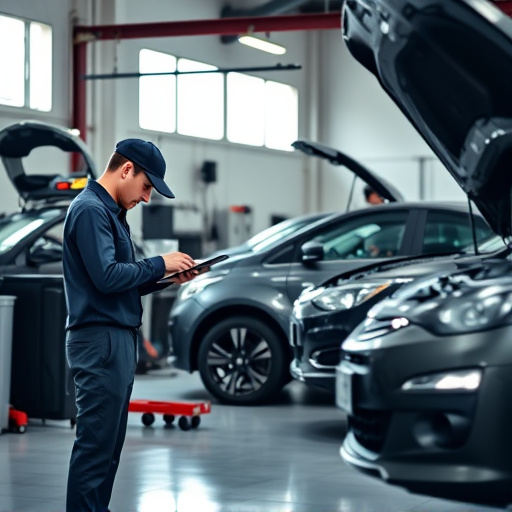Effective communication and transparent repairs are vital in collision repair to manage delay concerns, enhance customer satisfaction, and build trust. Digital tools, clear messaging, and detailed estimates improve efficiency while simplifying procedures and addressing queries promptly. Empowering clients with knowledge fosters feedback, leading to enhanced services for complex cases.
In the fast-paced world of collision repair, effective communication is key to managing customer expectations and ensuring satisfaction. However, delays are an inevitable part of the process, creating potential friction between repair shops and their clients. This article explores how understanding common delay concerns can lead to best practices in communication, fostering trust through transparent updates. By delving into these strategies, collision centers can navigate challenges, enhance customer relationships, and ultimately, deliver superior service.
- Understanding Delay Concerns in Collision Repair
- Effective Communication Strategies for Repair Shops
- Building Trust Through Transparent Repair Updates
Understanding Delay Concerns in Collision Repair

In the realm of collision repair, understanding delay concerns is paramount for delivering efficient automotive restoration services. Delays can significantly impact customer satisfaction and the overall success of a repair job. Common delay concerns include obtaining necessary parts, scheduling labor, and coordinating with insurance providers. These factors often contribute to extended wait times, leaving customers frustrated and their vehicles undriven for longer periods.
Effective communication plays a pivotal role in mitigating these delay concerns collision. Collision repair shops must establish clear and consistent channels of communication with clients, ensuring they are well-informed about the repair process, expected timelines, and any potential delays. Transparent dialogue fosters trust, helps manage expectations, and ultimately contributes to smoother operations and happier customers, especially when it comes to delicate tasks like car paint repair.
Effective Communication Strategies for Repair Shops

In the competitive landscape of auto repair, effective communication can be a game-changer when it comes to retaining customers and managing delay concerns related to collision repairs. Repair shops should adopt clear and consistent messaging strategies to ensure every customer understands their vehicle’s condition and the steps involved in the repair process. This includes providing detailed estimates, explaining procedures in simple terms, and addressing any car damage repair queries promptly. Regular updates on progress, especially for complex auto collision center cases, can help manage expectations and reduce frustration.
Implementing digital tools for communication enhances efficiency. Online platforms allow customers to track their vehicle’s status, receive notifications about appointments, and access informative resources related to vehicle repair services. These strategies not only streamline operations but also empower customers, fostering a sense of trust and transparency in the repair process.
Building Trust Through Transparent Repair Updates

In the realm of collision repair, building trust with clients is paramount to ensuring satisfaction and fostering long-term relationships. Transparent communication regarding delay concerns is a cornerstone of this trust. When a vehicle undergoes collision repair, clients often face uncertainty about timelines due to unforeseen challenges or complex procedures. To address this, repair shops should promptly inform clients about potential delays, providing clear explanations for each delay concern. Regular updates, even during the initial consultation, can set expectations and alleviate anxiety.
By offering transparent repairs, auto maintenance professionals demonstrate their commitment to quality and integrity. For instance, explaining that a dent repair might take longer than usual due to the need for specialized parts or intricate fender repair techniques empowers clients with knowledge. This approach encourages open dialogue, allowing shop managers to gather feedback and continuously improve their collision repair services while ensuring client satisfaction.
In addressing delay concerns in collision repair, effective communication is paramount. By implementing best practices outlined in this article—from understanding client anxieties to providing transparent updates—repair shops can build trust and enhance customer satisfaction. These strategies not only streamline the repair process but also foster a positive reputation, ensuring clients receive quality service without unnecessary delays.



